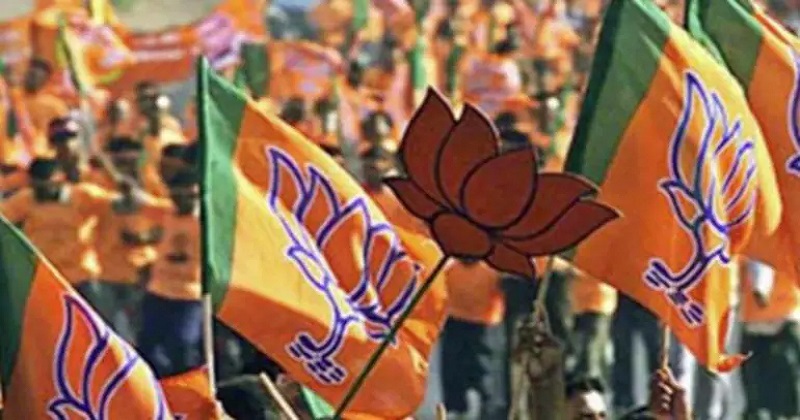
In Uttarakhand, BJP gained a comfortable majority with 48 seats due in large part to the successful implementation of pro-poor and social welfare-related schemes with a special focus on women. BJP’s rival Congress won 19 seats, while the BSP and Independents each won two seats.
Several of these flagship government schemes and centrally-sponsored programs, such as Pradhan Mantri Ujjwala Yojana, have assisted women by providing them with LPG connections in place of the smokey chulhas . The party which provided them with access to LPG, or built clean toilets for those living in Uttarakhand’s far-flung and remote areas, as well as providing free ration and medical facilities during the COVID epidemic across the Himalayan state did wonders and helped the saffron party bag 48 out of total 70 seats. Cross-sections of voters have not been surprised by this. Several of them stated that the ‘Modi factor’ was the main reason for their support for the BJP.
‘BJP won more than the expected votes in the current elections and it was a foregone conclusion given to Modi’s popularity and the fact that huge numbers of women from diverse backgrounds benefited from these schemes,’ said Sarita Negi, a housewife based in Dehradun.
Analysis of the voting patterns in most Assembly seats show that the Modi magic has a deeper and wider impact impact on the hearts and minds of the people. As a result of the way in which he addressed the large crowds during his recent visit to the shrines of Dehradun, Kedarnath, and Badrinath, people gained more confidence by fighting COVID-19. PM Modi’s promise that the government would extend all possible assistance in crisis hours had a major impact on BJP support.
The voting pattern also revealed that while most voters appear to have extended their unwavering support to the BJP due to the Modi factor, a cross-section of male voters does not seem to have done the same. Due to the strong predominance of the Modi factor, people chose to ignore the anti-incumbency factor owing to the wrong and unpopular policies formulated by former CM Trivendra Singh Rawat. In Uttarakhand, the people’s direct contact with Prime Minister Modi cancelled the effect of anti-incumbency against the state leadership.
It was interesting to see how the voting pattern defeated those who did not deserve to be elected. It is evident from the defeats of former Uttarakhand CM Harish Rawat in Lalkuna in Nainital and the current Uttarakhand CM Pushkar Singh Dhami in Khateema in Udham Singh Nagar district that people are fully aware of everything.
Harish Rawat, one of the Congress’ towering figures, is virtually a spent force after losing the previous Assembly election and later his parliamentary seat in Nainital. Similarly, Pushkar Singh Dhami, MLA from Khateema, lost his reputation as an honest and upright chief minister after he was seen to turn soft on certain corrupt officials in his cabinet. Pushkar Singh Dhami, however, has been cleared of the charges by the CM’s office in Dehradun.

Post Your Comments